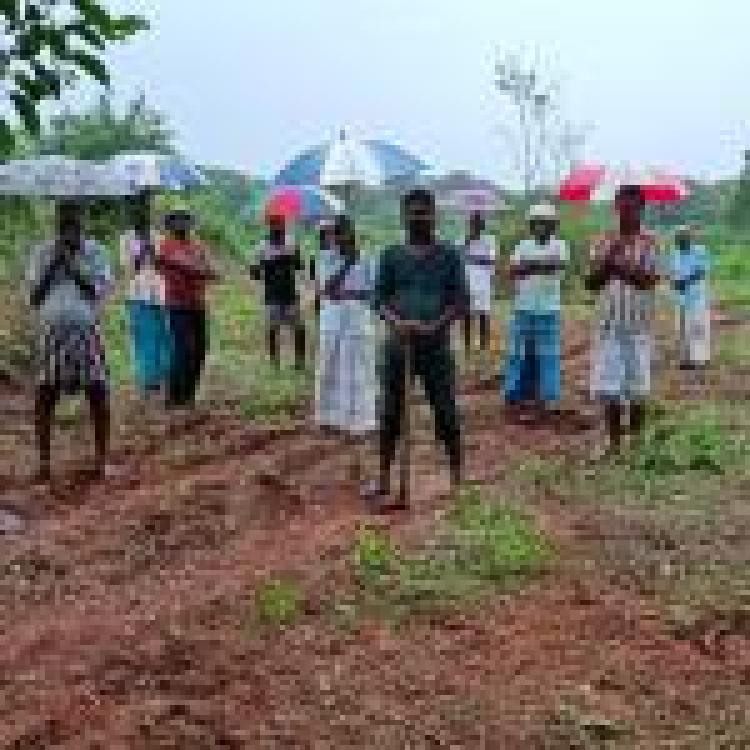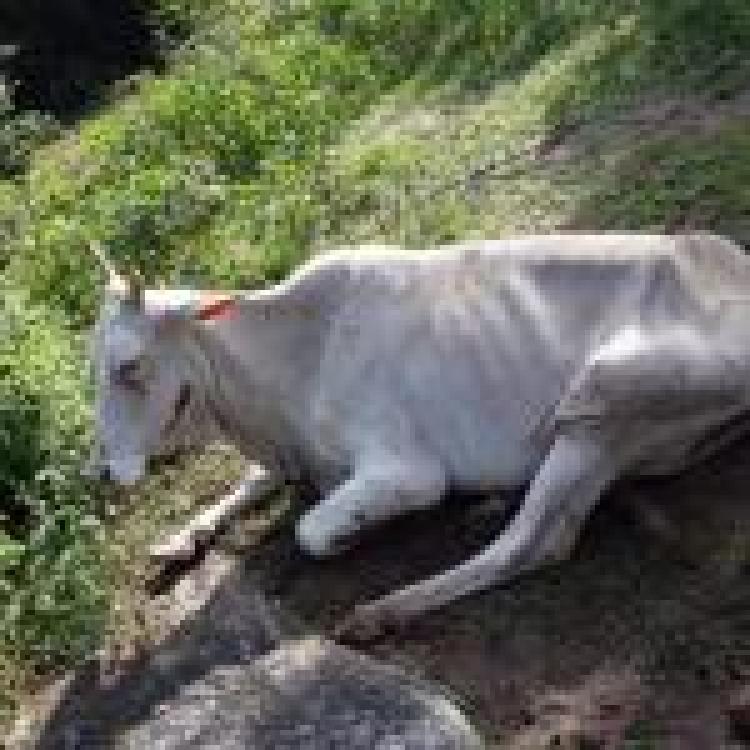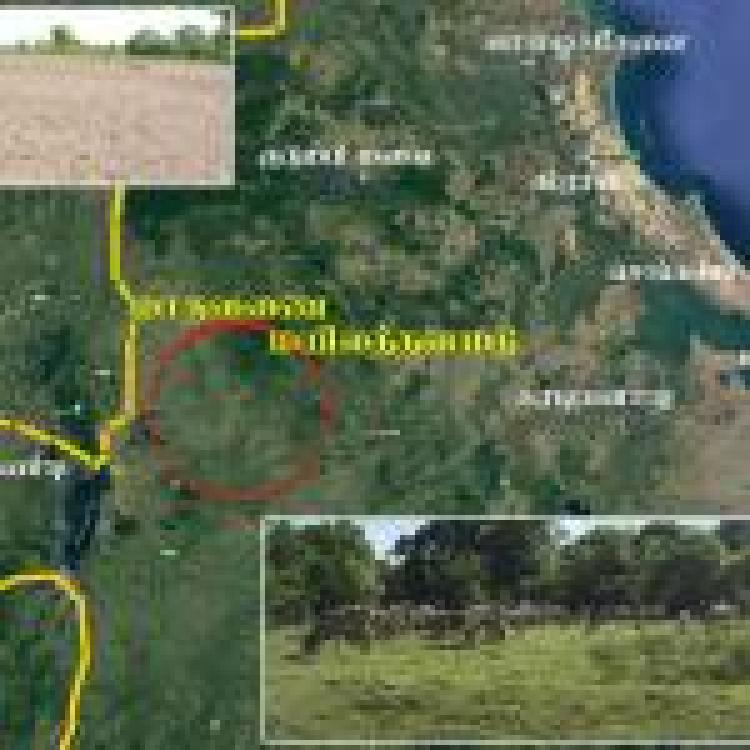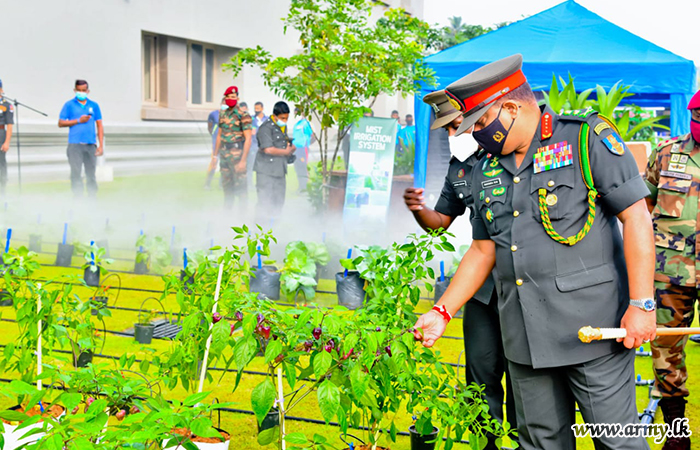
Shavendra Silva
The Sri Lankan army has formed a new corps for Agriculture and Livestock under the army’s existing Directorate of Agriculture and Livestock (DAL), as militarisation becomes rampant in the public sphere and amidst attacks on Tamil farmers.
Accused war criminal Shavendra Silva, attended an event where he signed into the order the formation of the Corps of Agriculture and Livestock earlier this month. The newly raised unit is set to focus on collaborating with ‘all agrarian stakeholders’ in its effort towards ‘nation-building tasks’. The DAL has previously used ‘army lands’ to cultivate a variety of crops across plantations. A report released by the South Asian Centre for Legal Studies (SACLS) detailed the ‘deepening consequences’ of the continuous military occupation of civilian spaces which curtail local economic development, particularly in the North-East.
The report stated;
“The lack of information regarding the legal and administrative frameworks within which the military engages in businesses; potential unfair competition and market distortion by the military's engagement in business resulting in the crowding out of private investors; lack of oversight over military businesses by the government, causing several rule of law implications regarding transparency and accountability; social and economic consequences particular to the North and East as a result of the military occupying an economic vacuum."
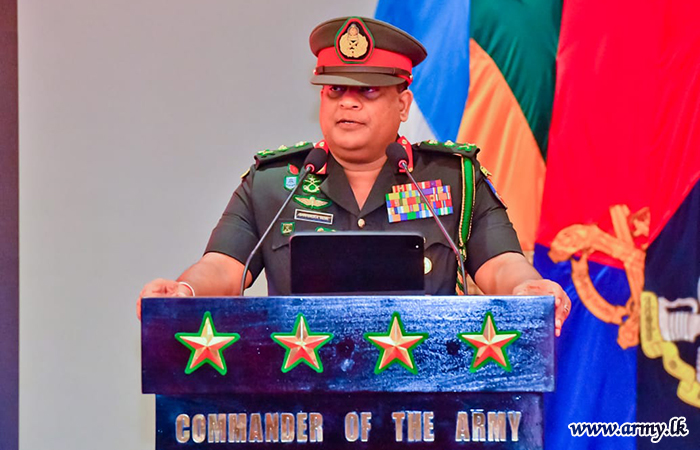
Shavendra Silva.
The military continues to occupy vast swathes of Tamil Land across the North-East, displacing Tamils and thus denying them a source of income from arable land. This creates a situation where the local populace is becoming increasingly economically dependent on the military. Fourteen of Sri Lanka’s army divisions are based in the Northern province alone. These divisions are accused of committing war crimes in the final stages of the armed conflict and now run military owned businesses which exacerbate the existing economic problems.
Agriculture plantations have been run by the Civil Security Department (CSD), a branch of the military established by Gotabaya Rajapaksa which has intensified military involvement in civilian affairs. The SACLS report comments on aggressive targeting of women headed households (WHH) and ex-LTTE cadres which have then left these marginalised groups in precarious economic situations, straddled with debt and bound to the department until it is paid off. The report adds;
“In the North, the CSD purposefully recruited among WHHs [women headed households] and ex-LTTE cadres for employment. It could be argued that these are the most marginalised groups who are the most in need of livelihood opportunities. However, CSD employees in the North and East are made more socially vulnerable as a result of their employment....The CSD recently introduced loans of LKR 1,000,000 to farm employees, with interest repayments deducted from monthly salaries. Respondents suggested that around half of the employees in all CSD farms had taken out these loans […] Although all CSD farm employees are entitled to leave their jobs at any given time, those who have taken out loans are not permitted to leave until the loan is repaid,”
A report published by the Adayaalam Centre for Policy Research highlights the detrimental role the CSD play in the Vanni. The report states;
"The growth of the CSD in the Vanni points to the larger issue of the Sri Lankan military’s failure to transition into a reduced post-war role. Instead, the military’s approach to its post-war role has been to embed and normalize the process of militarisation, thereby extending its control and subjugation of Tamil populations in the Vanni. The CSD is very clearly a part of the military, and so its provision of livelihood opportunities though much needed, must be read as the creation of economic dependence on the military, rather than economic development. Through this dependence and because of its military character, the CSD also suppresses civic and political activism of its employees, and further marginalizes women employed as this report explains. Alarmingly, a consequence of the CSD has also been the beginning of a destruction of community identity and cohesiveness."
Tamil Farmers hospitalised following attack by military
Amongst heavy militarisation Tamil cattle farmers were kidnapped and beaten by armed Sinhalese men in Batticaloa. The men were then handed to the Sri Lankan police where they were then bound up and beaten in custody by the Sri Lankan army and police. The six farmers are currently recovering from their injuries in hospital.
Whilst being arrested, the victims stressed they were also tied up and beaten by the Sri Lankan army officers.
— Tamil Guardian (@TamilGuardian) January 13, 2021
“During the interrogation, the police kept us outside in the pouring rain whilst they took shelter. The Sri Lankan army arrived, tied us up and attacked us." pic.twitter.com/DDZQipgN61
Read more from the Sri Lankan army here.

